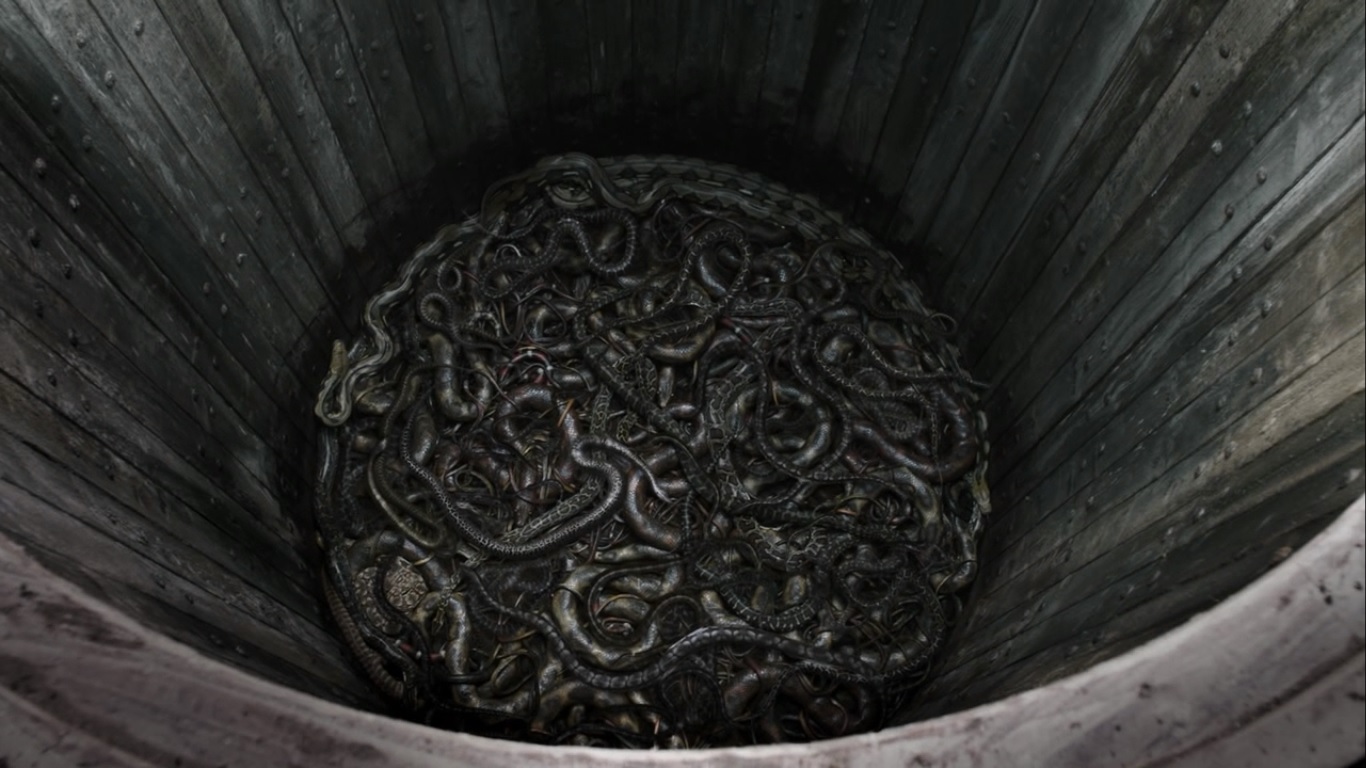When Our Faces Betray Us (Parashat Vayeshev)

There is little question that much of our vitality is displayed in our faces. Our features tell our truest stories. We display strength in our actions while our eyes tell the world of our weariness. Our mouth speaks in confidence while our cheeks betray our nerves. We control our outward displays of anger, while our noses flare uncontrollably.
It’s no surprise then, that in the ups and downs of Joseph’s life, our Rabbis saw Joseph’s face as the barometer of his brokenness.
Of all the male characters in the Bible, Joseph was considered to be the most beautiful. Even as a young child, Joseph understood the power of his features. Our Rabbis teach that when he was younger, Joseph would spend countless hours “making up his eyes and curling his hair” (Genesis Rabbah 84:7). Around his tent, his father used to gaze at his son’s beauty. He was the spitting image of his mother Rachel, who has passed away along the road to Hebron. Her delicate features were his. His image gave hers immortality (Zohar 216b).
Later in his life, after he was sold into slavery in Egypt, Joseph’s beauty would emerge again as an important part of his story. Working as a slave in Potiphar’s house, his master’s wife grew smitten with her servant (Genesis Rabbah 87:3). In fact, when she told her neighbors about Joseph’s handsome visage they did not believe her description. No one could possibly look as good as she had described. So, she devised a plan to prove that her servant was, in fact, as good looking as she claimed:
Said the Rabbis of blessed memory: On one occasion the Egyptian women gathered and went to behold Joseph’s beauty. What did Potiphar’s wife do? She took citrons [etrogim] and gave them to each of them and gave each a knife and then called to Joseph and stood him before them. When they beheld how handsome Joseph was, they cut their hands [with the knives]. She said to them: If you do thus after just one moment, I, who see him all the time, am I not all the more so [justified in being smitten]? (Midrash Tanhuma, Vayeshev 5)
Though Joseph’s face, like that of Helen of Troy could “cast 1000 ships” his looks were not immutable. At times of pride and comfort, Joseph was radiant, but occasionally his face would betray his fear and dismay and his light would go out.
There is a powerful teaching in our tradition that when Joseph’s brother’s sought to kill him for his favored status among his father, they threw him into a hole filled with snakes and scorpions (Midrash Tanhuma, Vayeshev 2). Eventually, a band of traveling merchants passed by and offered to buy him for twenty silver pieces. This purchase would eventually lead Joseph to the doorstep of Potphar’s house.
However, when our ancient Rabbis read this part of Joseph’s story, the thing that interested them the most was not that the merchants wanted to buy Joseph, but rather that they paid so little for him. As they point out, twenty silver pieces was barely enough money, when split among Joseph’s brothers, for each to buy a pair of shoes. Shouldn’t someone as beautiful as Joseph yield a higher price?
Our Rabbis explain that sitting at the bottom of that pit, scared and alone, humiliated by the cruelty of his kin, his face changed. The seemly cocky and confident Joseph became pale and forlorn. All the light that made him beautiful left his face in an instant. Though he might try to look brave, his features would betray him. Seeing Joseph looking sickly and weak, the merchants felt that Joseph was worthless. There was no need to offer more than a token for him.
We all move through the cycles of life. At times we glow, resplendent with energy and strength. At other times we are shadows, dull and ashen. Each of these states are temporary. There are ephemeral glimpses into how we are, not who we are.
Joseph, for the most part, was a capable, strong, gleaming personality. But he too suffered. And he was judged for how that suffering impacted his countenance. The folly of the merchants was that they looked at his fallen face and assumed it defined his character.
I’ve seen too many people make the same mistake as these merchants. We have met someone and seeing their pain, we have assumed a certain knowledge of their temperament and disposition. Yet, just because our faces may look forlorn doesn’t mean we have lost our worth. Joseph’s story teaches us an important lesson: our impressions of others must be made over the long-term. A quick glance toward someone stuck in a pit does not tell their full story. If only these merchants had crawled into it with him and learned his truth. Then, they would have appreciated the power of Joseph’s priceless soul.
Each one of us has incalculable merit. Sometimes our faces convey it. Sometimes they mask it. Yet, we are not defined by our states but by our being. We err when we cannot tell the difference between the two.




